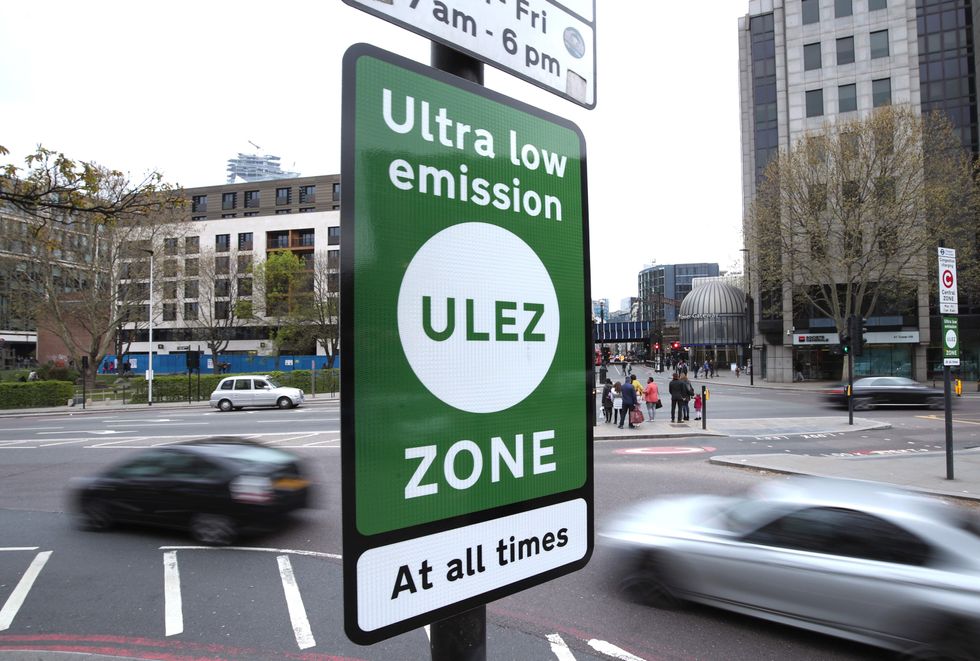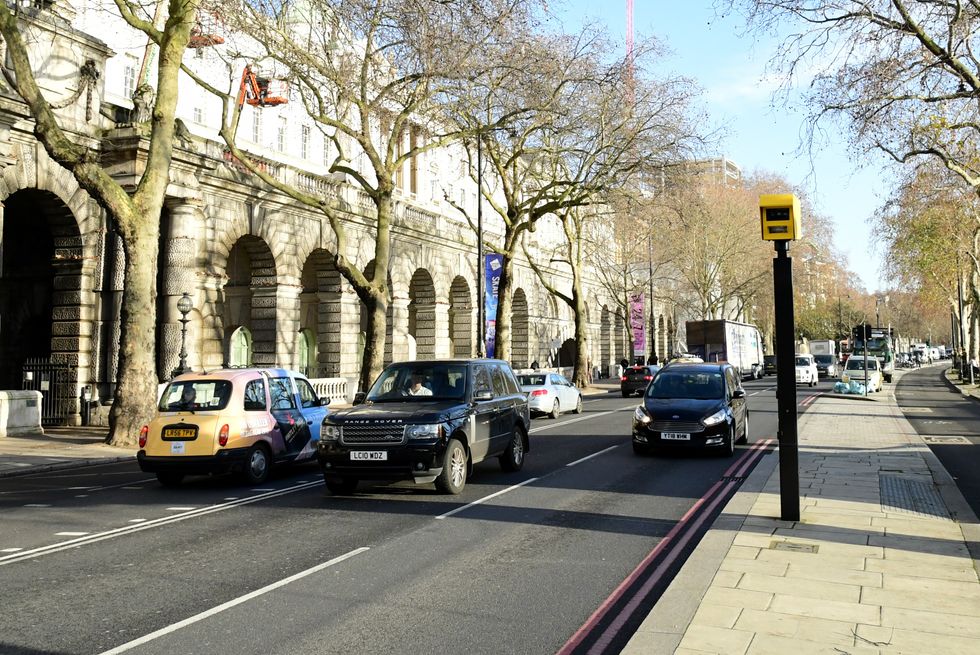Car tax changes are constantly being spoken about, whether that’s people looking for the latest Vehicle Excise Duty rates or businesses worried about a lack of inaction when it comes to Benefit-in-Kind rates, which are yet to be confirmed beyond 2028.
A new report from the London Transport Committee has been released which assesses what changes can be made affecting motorists in the capital, despite having to already deal with the Ultra Low Emission Zone, Congestion Charge, the Low Emission Zone and in some cases, Direct Vision Standard and HGV Safety Permit.
The Ulez was expanded in August to cover all of London, impacting millions of people simply for driving their cars in their local area. While Sadiq Khan insists the changes will slash emissions, drivers are being hammered with costs if the vehicles they own are older.
The report – Future Road User Charging in London – highlights how all of the current road charging schemes are “simple and area-based”, implying that there is room for changes.
Sadiq Khan has been steadfast in his support for the Ultra Low Emission Zone
GETTY/PA
The London Assembly recommendations make clear that anyone who wants to introduce a new road charging scheme should make it as simple and equitable as possible and take into account the “economic and social concerns” involved in improving the scheme.
Most people assume some form of road pricing scheme will be introduced when there is the opportunity and technology readily available to make it as simple as possible for drivers, although there is no guarantee as to when that could be.
A pay-per-mile system has been touted as a suitable way to charge drivers and has been backed by experts and motoring organisations despite the glaring and expensive issues of introducing a blanket scheme like this.
What will haulage companies do? Or those in rural areas? Whether people like it or not, much of the UK population needs their car to go about their daily lives. That could be bringing their children to school, driving to work or being on the road as part of their job.

The Ulez was most recently expanded in August to cover Greater London
PA
If any Government or politician wants to introduce such a scheme, they need to ensure it is bulletproof and won’t charge drivers unfairly simply for driving as part of their normal routine.
While the report states that there is no expectation that any new scheme is imminent, it has called on candidates for the Mayor and the Assembly to set out their intentions ahead of the May elections.
Sadiq Khan, the incumbent Mayor and front-runner to win the election, has spoken previously of his intention to continue all current plans, including the Ulez and Congestion Charge.
The Labour Mayor has often spoken of his aim to modernise the road charging scheme in London, including investing £150million in technology to create a more “sophisticated core technology platform for road-user charging,” according to The Telegraph.
He has slapped down proposals to roll out pay-per-mile road charging, vowing that such a scheme would not be introduced as long as he is London Mayor.
Other candidates in the Mayoral race have vowed to remove most barriers currently facing drivers in London. Susan Hall, Conservative candidate for Mayor and councillor for Harrow Borough Council, has promised to scrap the Ulez expansion on her first day in office if she gets elected.
She has highlighted that Sadiq Khan’s measures are “disastrous” and claimed that charities and businesses had been forced to shut as a result of the Ulez expansion.
Similarly, Howard Cox, Reform UK’s candidate in May, has promised to go one step further and completely scrap the Ultra Low Emission Zone, not just the expansion, in a bid to “get London moving again”.
LATEST DEVELOPMENTS:

A pay-per-mile scheme has been suggested as a suitable alternative for road charging
PA
Cox, who has campaigned on behalf of drivers through the FairFuelUK organisation, also said he would ditch controversial low traffic neighbourhoods (LTNs) and roads that have 20mph speed limits, something which Khan has been keen to introduce.
Anyone with plans to introduce a road pricing scheme could risk alienating motorists if it does not address issues with the current system of car tax and road charging while also hitting drivers with further costs.
The London Assembly report even outlines this. The conclusion states: “Any future Mayor or Government considering the development of a future road user charging scheme must take this very seriously.”

Robert Johnson is a UK-based business writer specializing in finance and entrepreneurship. With an eye for market trends and a keen interest in the corporate world, he offers readers valuable insights into business developments.








